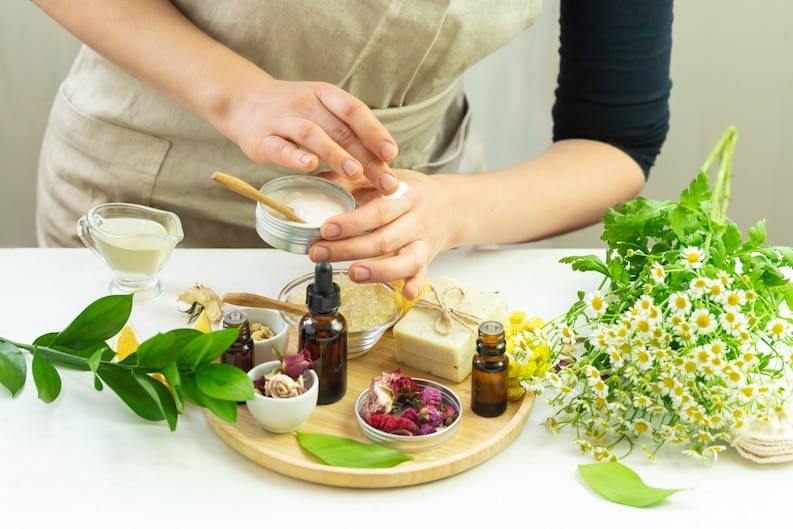From ancient civilizations to modern times, humans have relied on the healing power of plants. The use of herbs for medicinal purposes, often referred to as herbalism or Phytotherapy, is a practice deeply rooted in our history. While modern medicine has made significant advancements, there’s a growing interest in revisiting the age-old art of herbal healing. In this article, we’ll delve into the fascinating world of natural remedies and explore how they continue to play a vital role in our health and well-being.
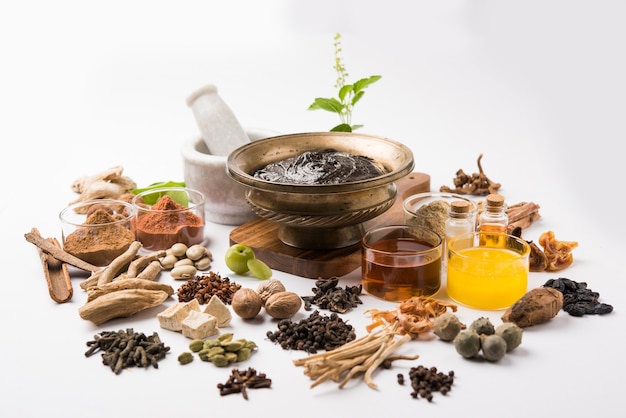
Harnessing Nature’s Pharmacy
Nature, it seems, has provided us with an extensive pharmacy, one that’s been available to us for millennia. Herbal healing is based on the belief that plants possess unique compounds that can alleviate a variety of ailments. These compounds, often referred to as phytochemicals, are responsible for the therapeutic properties of herbs.
1. The Power of Plants: Understanding Herbal Remedies
Herbal remedies encompass a wide array of plants, each with its unique set of properties and potential benefits. Some of the most well-known herbs include:
- Aloe Vera: Known for its soothing properties, aloe vera is used to treat minor burns, skin irritations, and as a moisturizer.
- Echinacea: This flowering plant is believed to boost the immune system and is often used to alleviate symptoms of the common cold.
- Lavender: Famous for its calming scent, lavender is used in aromatherapy and as an essential oil to reduce stress and anxiety.Ginger**: Widely recognized for its anti-nausea properties, ginger is often used to alleviate motion sickness and morning sickness during pregnancy.
2. Traditional vs. Modern Herbal Medicine

Herbal healing encompasses both traditional and modern approaches. Traditional herbal medicine draws from the wisdom of indigenous cultures and historical practices, passed down through generations. In contrast, modern herbal medicine involves scientific research and clinical trials to validate the efficacy and safety of herbal remedies.
While both traditional and modern herbal medicine have their merits, there’s a growing recognition of the importance of integrating these two approaches. Many modern medicines have their origins in herbal remedies, and by combining traditional knowledge with scientific rigor, we can unlock the full potential of herbal healing.
The Science Behind Herbal Healing
Herbal healing is often met with skepticism due to a lack of scientific evidence. However, in recent years, there has been a resurgence of interest in researching the therapeutic properties of herbs. Scientists are now uncovering the bioactive compounds within plants and their potential for treating various health conditions.
1. Herbal Medicine and Modern Science
In the world of modern medicine, clinical trials and rigorous research are the gold standards for evaluating the safety and efficacy of treatments. Herbal medicine is no exception. Researchers are conducting studies to better understand how herbs work, what conditions they can address, and any potential side effects.
For instance, studies have shown that the active compounds in turmeric, known as curcuminoids, have powerful anti-inflammatory and antioxidant properties. This has led to the development of turmeric-based supplements for managing conditions like arthritis and promoting overall well-being.
2. Herbal Remedies for Chronic Conditions
Herbal healing isn’t limited to minor ailments. Some herbs have shown promise in managing chronic conditions. For example:
- St. John’s Wort: This herb is often used to alleviate symptoms of mild to moderate depression.
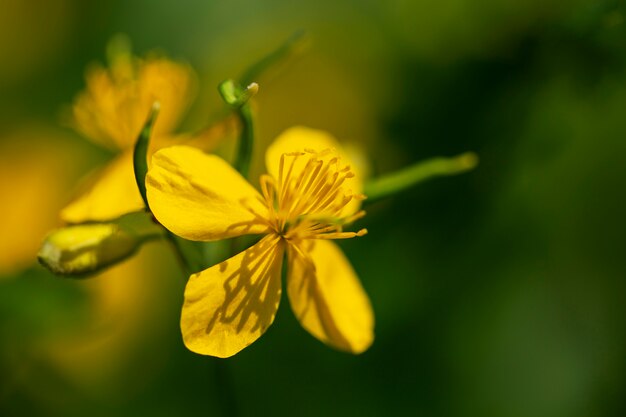
- Saw Palmetto: It’s a popular remedy for managing symptoms of benign prostatic hyperplasia (BPH) in men.
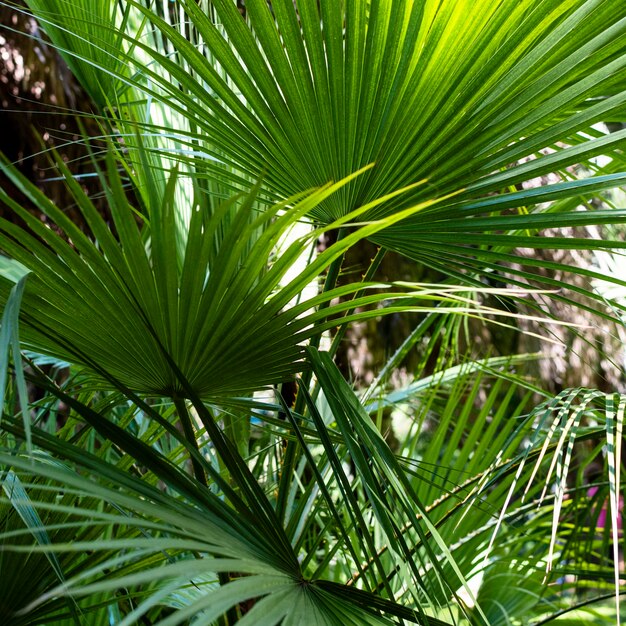
- Milk Thistle: Known for its liver-protective properties, milk thistle is used to support liver health.
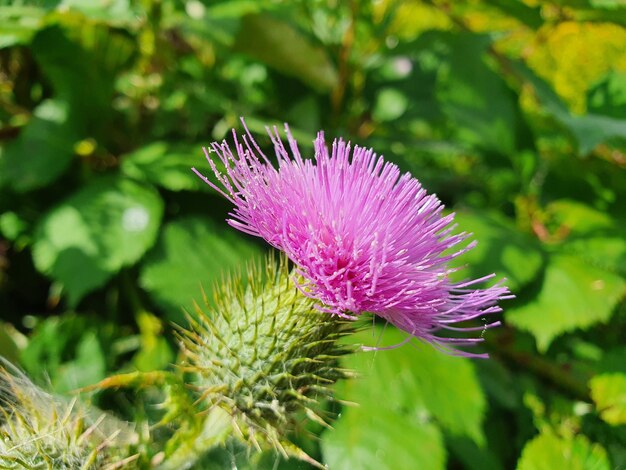
Research is ongoing, and as our understanding of herbal medicine deepens, we may discover new ways to incorporate natural remedies into our healthcare routines.
The Art of Herbal Healing in Practice
1. Herbalists and Traditional Healers
Herbal healing is an art, and like any art form, it requires skill and knowledge. Herbalists and traditional healers are individuals who have dedicated their lives to mastering the use of herbs for healing. They often have an intimate understanding of local plants and traditional remedies.
These practitioners assess a person’s health holistically, considering not just the physical symptoms but also the emotional and spiritual aspects. By doing so, they tailor herbal treatments to the individual, recognizing that each person is unique.
2. Incorporating Herbal Remedies into Daily Life
You don’t need to be an herbalist to benefit from herbal healing. There are many ways to incorporate herbs into your daily life:
- Herbal Teas: Brewing herbal teas from herbs like chamomile, peppermint, and hibiscus can provide relaxation and relief from various ailments.
- Aromatherapy: Using essential oils derived from herbs for massage or in a diffuser can promote relaxation and alleviate stress.
- Herbal Supplements: Many herbal supplements, available in capsule or tablet form, offer convenient ways to harness the benefits of herbs.
Safety and Caution
While herbal healing can offer numerous benefits, it’s essential to approach it with caution. Not all herbs are safe for everyone, and interactions with medications can occur. Consulting with a healthcare provider or herbalist before starting any herbal treatment is wise, especially if you have underlying health conditions or are taking medications.
Conclusion
In conclusion, the art of herbal healing is a timeless practice that continues to find its place in our modern world. Plants have provided us with a vast pharmacopoeia of remedies, and as science advances, we are uncovering the secrets of these natural healers. Whether you turn to herbal remedies for minor ailments or explore their potential for managing chronic conditions, herbal healing is a journey of discovery, connecting us with the healing power of nature that has sustained humanity for generations. As we tread this path, let us do so with respect for tradition, an open mind for science, and a deep appreciation for the art of herbal healing.


